During the plenary session of the VIII Convention of the WAC, resolutions were adopted that will be sent to the UN, UNICEF and UNESCO
Naala Chkadua
The work of the thematic round tables of the VIII Convention of the World Abaza Congress in the framework of the plenary session ended with the adoption of resolutions that will be sent to three international organizations: the UN, UNICEF and UNESCO. They concern the rights and freedoms of representatives of the Abkhaz-Abaza people and cultural centers in the countries of residence of Diasporas.
The program of the VIII Convention of the WAC included the work of three sections. The topic of one of the round tables, in particular, was the application of the moral and ethical code of the Abkhazians and Abaza "Apsuara" in the modern world. Another section was devoted to the problems of preserving and developing the native language, while the third united such issues as the education of youth, sports and ecology. The curators of the round tables were members of the Sukhum office of the Congress: Ekaterina Bebia, chairman of the Coordinating Council of Women at the WAC, headed the "Apsuara" section; Valeriy Berzenia, head of the Youth Development and Physical Culture Department, and Esma Kvitsinia, specialist of the Department, supervised the Youth, Sports, Ecology section.
Speaking about modern challenges to the family values of the Abaza people, Ekaterina Bebia noted that in order to preserve the traditions of mutual respect enshrined in the moral code Apsuara of Abkhazians and Abaza, it is necessary to introduce it into the school curriculum as a separate subject.
The ex-vice speaker of the People's Assembly of the Republic of Abkhazia, candidate of philosophical sciences Emma Gamisonia, poetess Gunda Sakania, journalist of the Abkhazian radio Alina Achba, editor-in-chief of the newspaper "Abazashta" Fardaus Kulova and Secretary of the Public Chamber of the Republic of Abkhazia Guli Kichba also spoke at the round table on "Apsuara".
The participant of the discussion, the delegate of the VIII Convention of the WAC from the Stavropol Region Murat Adzhbek noted the importance of preserving and developing the village in the issue of transferring the traditional values of the people to the next generations of Abkhazians and Abaza.
"My grandmother taught me my native language in the village. There I learned about all the traditions, customs and beliefs of my people. If we are talking about the preservation of Apsuara, we need to talk about the development of the village," summed up Adzhbek.
Member of the Supreme Council of the WAC, Abkhazian linguist and politician Viacheslav Chirikba, President of the Academy of Sciences of Abkhazia, Caucasian scholar, Professor Zurab Dzhapua and Deputy Minister of Education and Language Policy of the Republic of Abkhazia Ada Kvarchelia took part in the discussion of the topic of national languages led by Izolda Khagba.
According to Viacheslav Chirikba, today's weakening of the position of the Abkhaz language lies in its low social status and prestige. The scholar believes that systematic and thorough state program aimed at the younger generation will allow to have a positive impact on the reputation and popularity of the language.
"The main focus should be on the youth. A whole range of measures is needed in the areas of education and media policy. At the government level, it is necessary to fully implement the Law on the Abkhaz language, which came into force on January 1, 2015, but remained on paper," Chirikba noted.
As the ultimate goal in solving the language problem, he defined the achievement of one hundred percent and full knowledge of the Abkhaz language by secondary school graduates.
Ada Kvarchelia devoted her speech to the problems and challenges faced by the educational institutions of Abkhazia in the preservation and development of the native language. According to her, an ineffective program for studying the Abkhaz language and literature, different time allotted for learning the language, different levels of language complexity in schools and classes, the lack of well-thought-out modern methodological materials for teachers create a negative background for the popularization of the Abkhaz language. The speaker singled out the most priority directions in solving the existing problem.
"It is necessary to create a universal program for all schools and classes, develop appropriate textbooks and effective manuals for teachers. In addition, it is important to access the Internet in the Abkhaz language," suggested Kvarchelia.
Valery Berzenia and Esma Kvitsinia, at the beginning of their section on youth, sports and ecology, introduced the guests to a draft resolution, which reflects a number of appeals to the United Nations on granting the citizens of Abkhazia and public organizations of the country the rights and freedoms provided for by the UN Charter.
The moderator of this section was the Head of the WAC Discussion club Rustam Zantaria. Together with experts - vice-president of the International Karate-do Federation Shotokan-Ryu Kaze Ha Akhra Abukhba and ecologist Mikhail Kiria, the participants of the round table discussed environmental problems on a local and global scale, and the prospects for the development of sports in Abkhazia.
"Today our youth have a chance to make themselves known to the whole world, including by participating in informal international meetings, joining various organizations. I think it's important to take advantage of these opportunities. Go ahead, look for organizations, do research. There is a chance that something will change, including in the field of ecology," Kiria said, advising young people to be activists.
The guests of the round table took an active part in the discussion of the draft resolution and proposed to make a number of additions to the document.
In particular, activist Valeria Arshba noted that a clause should be added to the text of the resolution on the inclusion of Abkhazian passports in the list of documents that should be recognized by the UN. She explained that Abkhazian athletes should not be denied the right to use these passports to register for international competitions.
The result of all round tables was the adoption of resolutions that will be sent to international organizations. The resolution adopted as a result of the work of the "Apsuara" section implies the recognition and preservation of the rights and freedoms of members of the Abkhaz-Abaza Diaspora as representatives of the Abaza people around the world, as well as the creation of cultural centers in the countries of residence of Abkhazians and Abaza. This document will be sent to UNICEF. The key provisions of the resolution adopted by the participants of the round table "Mother tongue" were the initiatives that the WAC and UNESCO can implement in the field of preservation, development and popularization of the Abkhaz language. The curators of the section addressed this resolution to UNESCO. As part of the document prepared during the discussion of youth policy, sports and ecology, which will be sent to the UN, the possibilities of potential cooperation between the UN and the World Abaza Congress in the areas discussed at the section were identified.
The VIII Convention of the World Abaza Congress takes place in Sukhum on December 7-8. The events dedicated to the VIII Convention will continue until December 11 in both official and unofficial formats.
Conventions of the World Abaza Congress are traditionally held every 5 years. Representatives of the Abaza people from all over the world gather to sum up the work of the organization, elect the Chairman and members of the Supreme Council. In addition, within the framework of the Congress, a program of future initiatives is determined and the general direction of the organization's activities is approved.
Information partners of the VIII Convention of the World Abaza Congress: Abkhazian State Television and Radio Company (AGTRK), Abaza-TV channel, Sputnik Abkhazia news agency.
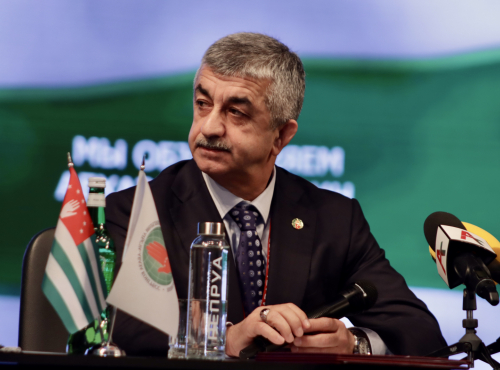
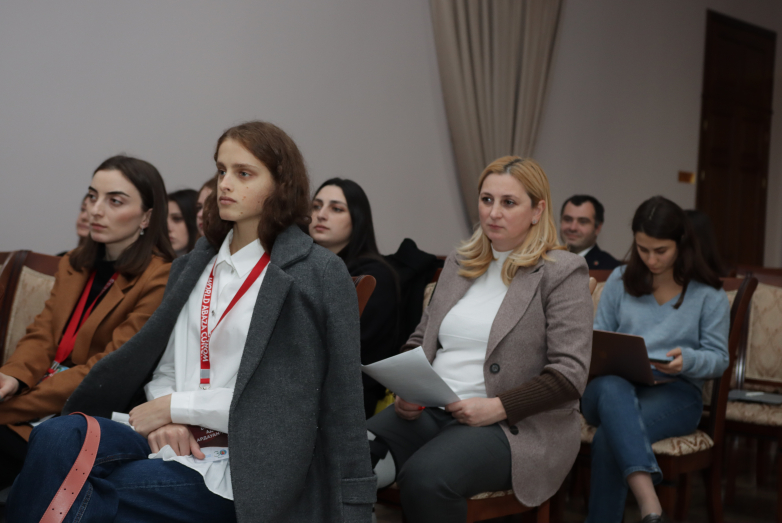
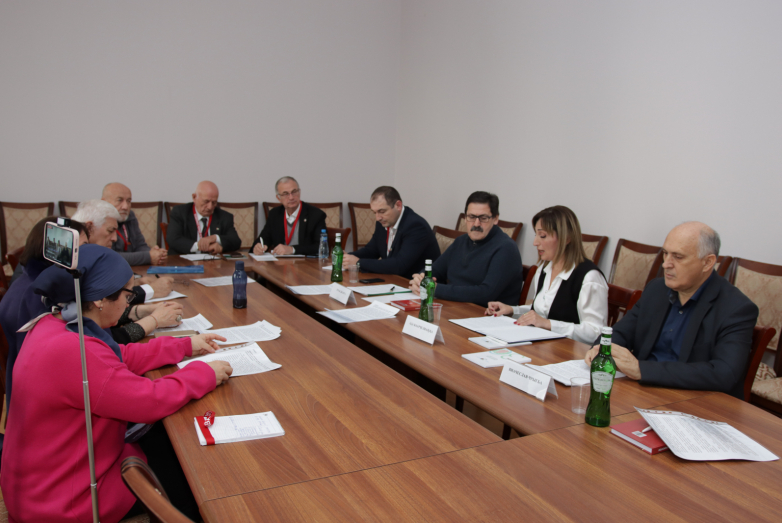
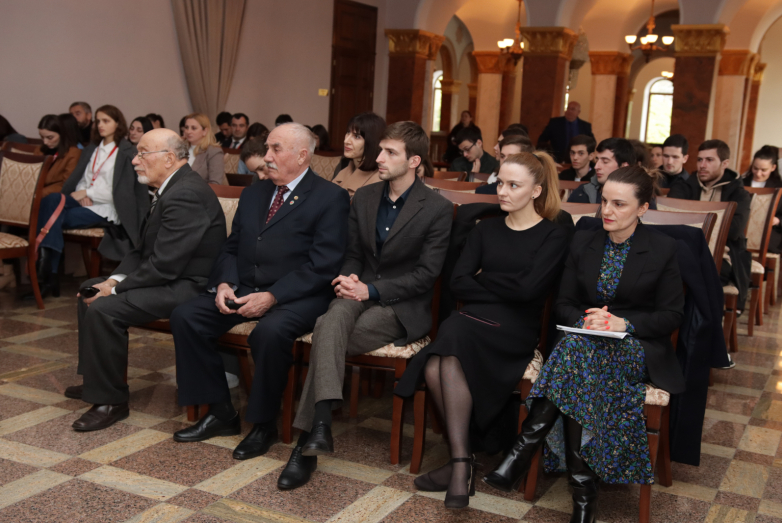
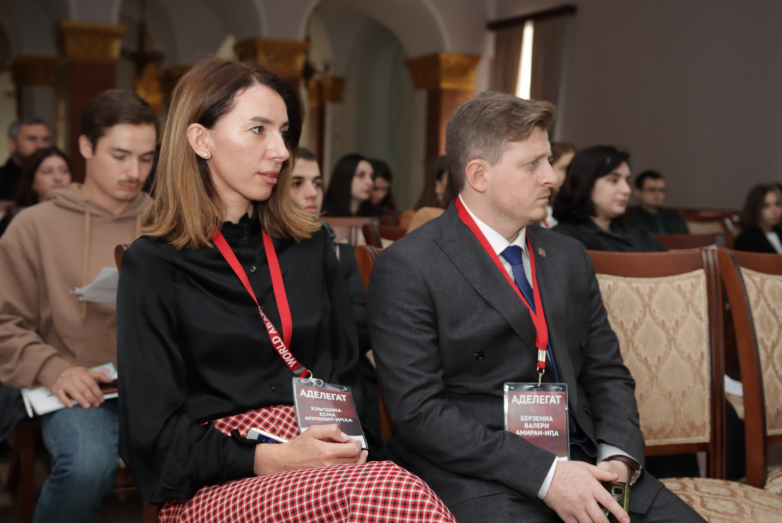
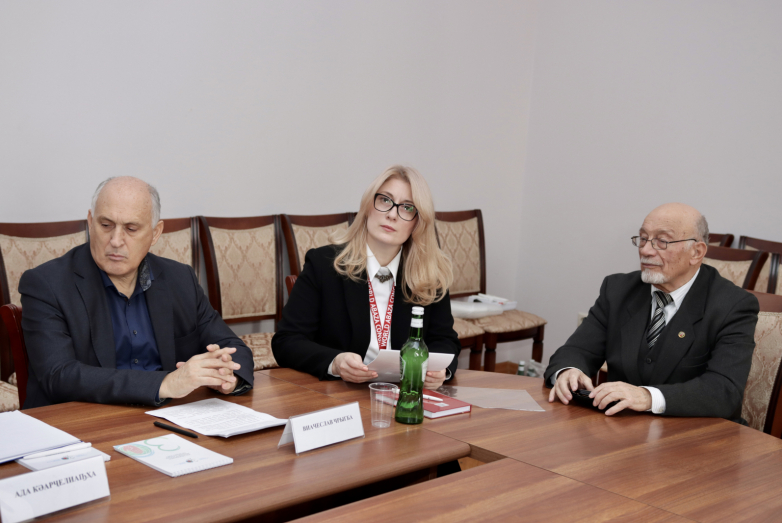
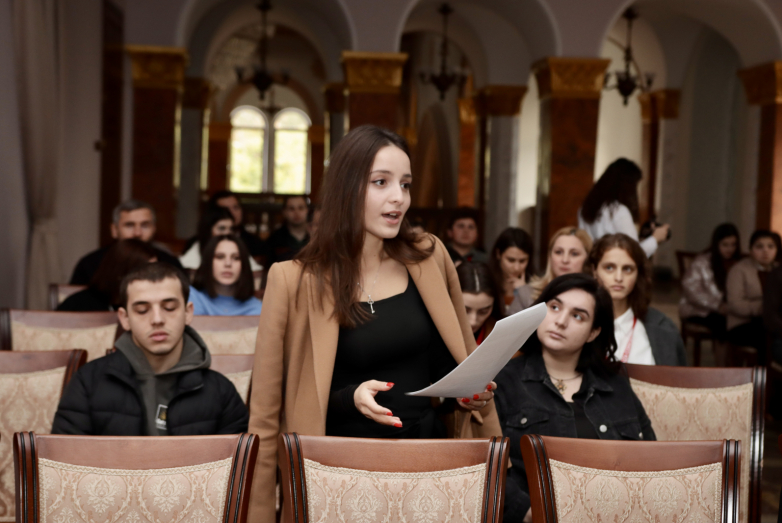
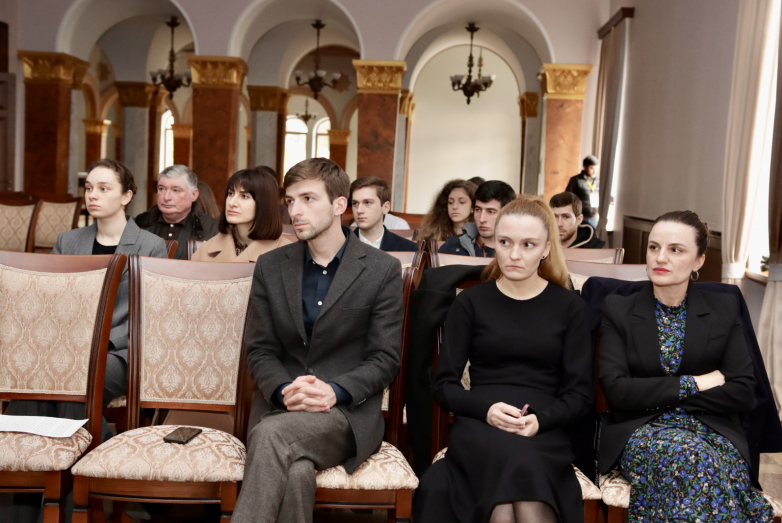

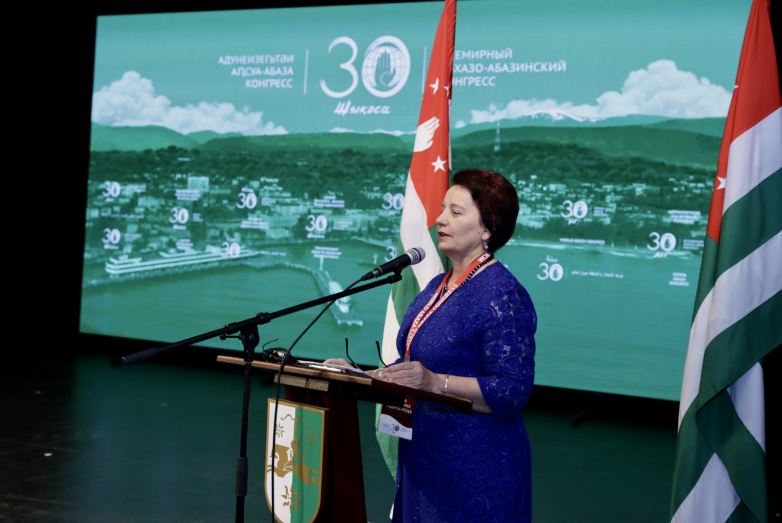
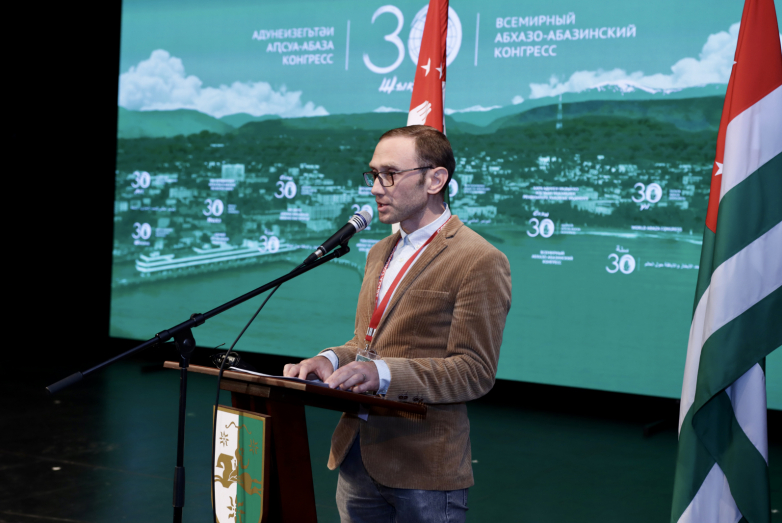
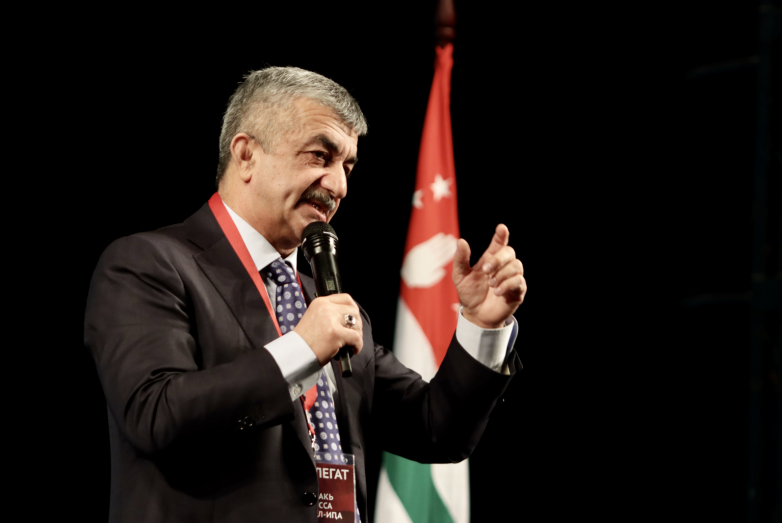
to login or register.